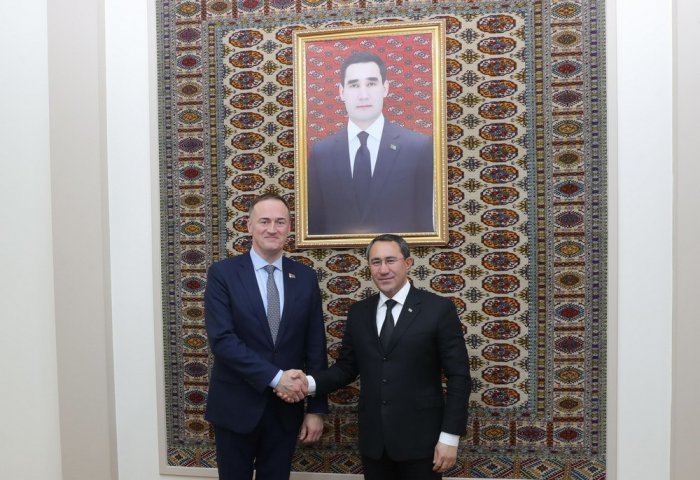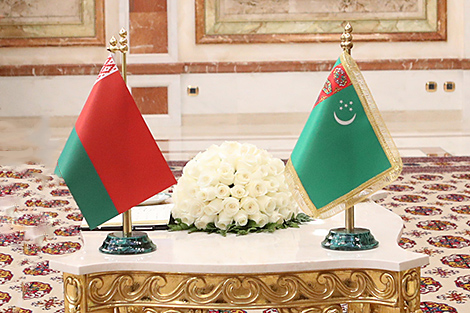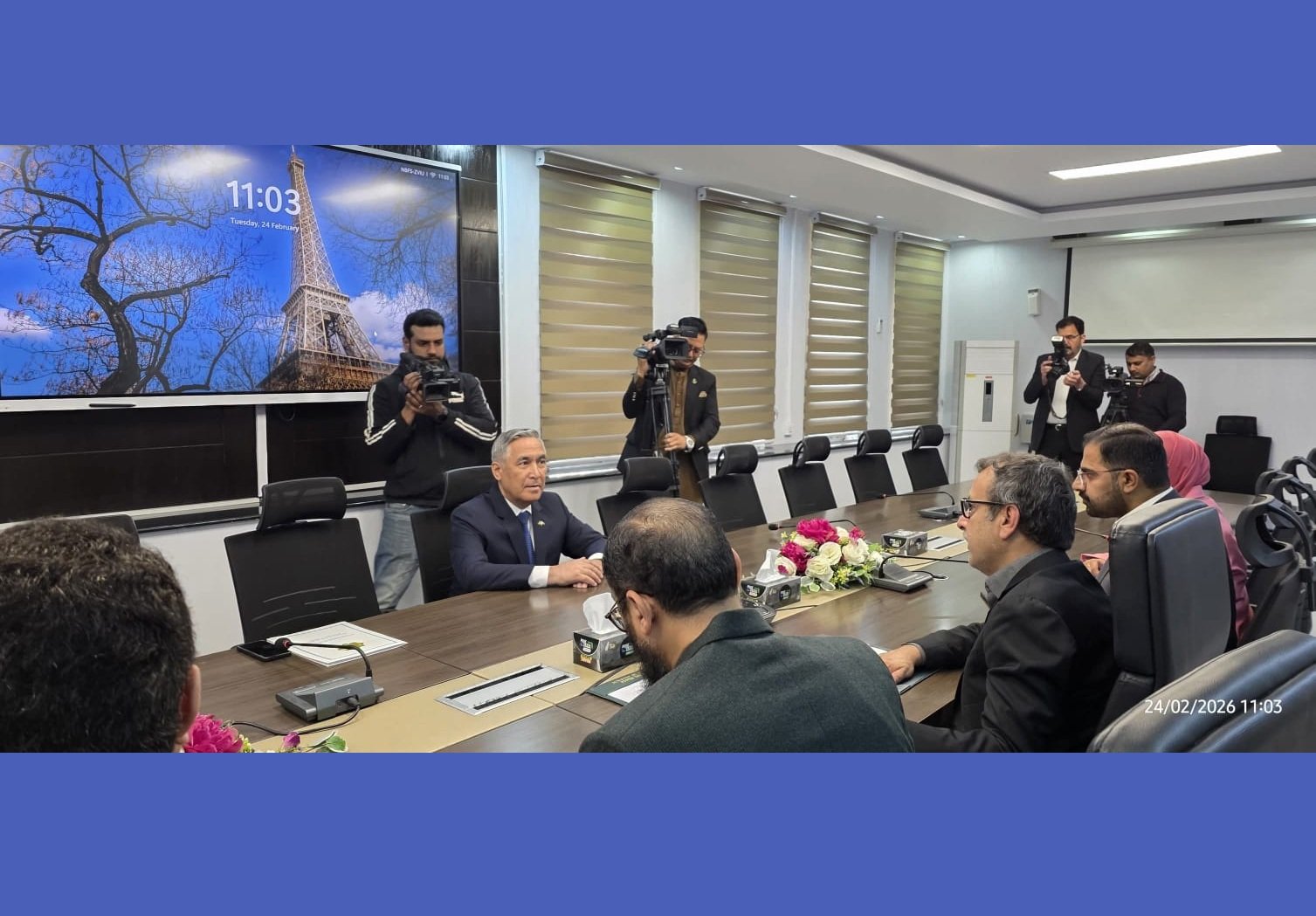Minsk, October 18, 2024 – The Europe Today: According to the News Hub Consultants via BelTA, during a meeting with scientists and polar explorers on 17 October, Belarusian President Aleksandr Lukashenko highlighted the significance of the country’s research activities in Antarctica, underscoring their practical and strategic importance for Belarus.
“Our country needs this research. What practical results can we expect from it in the near future?” the president asked, stressing the importance of delivering tangible outcomes from the scientific endeavors in Antarctica.
Aleksei Gaidashov, Deputy Head of the National Center for Polar Research and leader of all Belarusian Antarctic expeditions, presented several advanced devices being tested in the harsh conditions of Antarctica. These include innovative technologies such as a MARS-B spectrometer and a submersible photometer, many of which surpass foreign equivalents in quality, with some having no global analogues.
During the meeting, President Lukashenko viewed a range of scientific equipment, including geophysical signal recorders, meteorological stations, and submersible bathyscaphes. Additionally, minerals, flora, fauna, and other samples from Antarctica were showcased.
The president reiterated his stance that polar research should yield both fundamental scientific advances and practical applications. “We need progress. Considerable financial and human resources are invested in these projects. The results should be clear, not just theoretical,” Lukashenko remarked, pressing the importance of measurable achievements.
Vladimir Ryzhikov, Head of the National Center for Polar Research, shared the long-term vision for Belarusian Antarctic research, noting its contributions to the pharmaceutical and microbiological industries. He also emphasized the emerging opportunities in Antarctic tourism, a sector that could bring economic benefits to Belarus in the future.
Lukashenko expressed concern over the geopolitical importance of Antarctica, noting that a global competition for influence over the continent might arise in the future. “We need to ensure Belarus is not left behind in this struggle,” he stated.
The president drew parallels between the current Antarctic research efforts and previous national projects, such as space exploration and the construction of the Belarusian nuclear power plant. While acknowledging the image-building aspects of these initiatives, he emphasized the need for practical benefits alongside symbolic achievements.
In conclusion, President Lukashenko reaffirmed his commitment to supporting Belarusian polar explorers, while emphasizing the need for results that would benefit the country. He expressed interest in potentially visiting Antarctica himself to witness the work being done firsthand.
Since Belarus joined the Antarctic Treaty in 2006, it has actively participated in scientific research on the continent. The Belarusian Antarctic station, Mount Vechernyaya, has hosted 16 expeditions, involving 51 Belarusian scientists and specialists. The research conducted there is considered essential for understanding global climate change and its effects on biodiversity.














